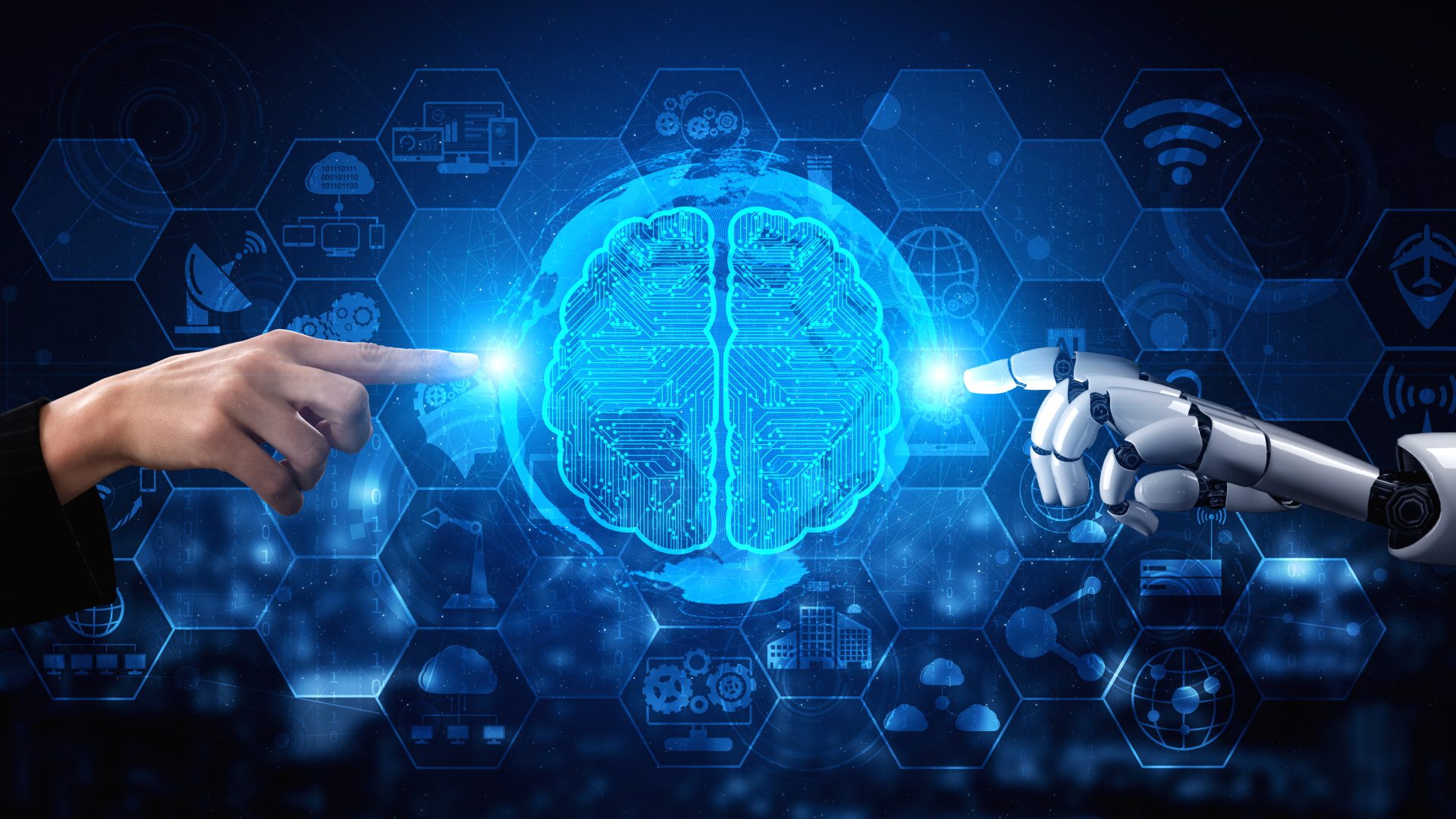Introduction: In today’s fast-paced, digitally-driven world, the incorporation of artificial intelligence (AI) into various sectors is becoming more common. Among these, the role of artificial intelligence (AI) in government affairs is emerging as a transformative force, with the potential to reshape the way governments operate and interact with their citizens. This article delves into the significant impact of AI on government affairs as well as its promising future.
Enhanced Decision-Making
One of the primary contributions of AI in government affairs is its ability to enhance decision-making processes. AI algorithms can analyze vast datasets, identify patterns, and generate insights that human decision-makers might overlook. This is particularly crucial for policy formulation and implementation. By leveraging AI, governments can make more informed, data-driven decisions, leading to better outcomes for their constituents.
Improved Efficiency and Cost Reduction
AI-driven automation can streamline bureaucratic processes, reducing administrative overhead and costs. Routine tasks, such as data entry, document processing, and customer service, can be efficiently handled by AI-powered systems. This allows government employees to focus on more complex and value-added tasks, ultimately improving overall efficiency.
Predictive Analytics for Public Services
AI’s predictive capabilities are invaluable in predicting and preventing various public issues, from traffic congestion to disease outbreaks. By analyzing historical data, AI can forecast trends and help governments allocate resources more effectively. For example, predictive analytics can assist in planning healthcare infrastructure, disaster response, and crime prevention strategies.
Enhanced Cybersecurity
In an age where cyber threats are ever-present, AI plays a pivotal role in bolstering government cybersecurity efforts. AI-powered systems can detect and respond to cyberattacks in real-time, safeguarding sensitive government data and critical infrastructure. By continuously learning and adapting to emerging threats, AI helps governments stay one step ahead of malicious actors.
Personalized Public Services
AI can enable governments to provide personalized services to citizens. Chatbots and virtual assistants can answer citizen queries, provide information on government programs, and offer assistance 24/7. This level of accessibility enhances the citizen experience and fosters trust in government institutions.
Ethical Considerations and Accountability
While AI offers numerous benefits, it also raises ethical concerns, particularly in government affairs. It is crucial to address issues related to data privacy, bias in AI algorithms, and transparency in decision-making processes. Governments must establish robust ethical frameworks and accountability mechanisms to ensure that AI is used responsibly and fairly.
The Future of AI in Government Affairs
Looking ahead, the future of AI in government affairs holds immense promise. As AI technology continues to evolve, governments can explore new applications, such as autonomous vehicles for public transportation, AI-assisted disaster response, and even AI-generated policies. Additionally, international collaboration on AI governance and standards will become increasingly important as AI’s role in global affairs expands.
Conclusion
The role of artificial intelligence in government affairs is poised to revolutionize how governments function and serve their citizens. Through enhanced decision-making, improved efficiency, and innovative applications, AI has the potential to address complex challenges and create more responsive, citizen-centric governments. However, ethical considerations and accountability must remain at the forefront of AI adoption in government to ensure that its benefits are realized while mitigating potential risks. As we embrace the future, the responsible integration of AI into government affairs will be key to shaping a more efficient, equitable, and technologically advanced public sector.
What is the role of artificial intelligence in government affairs?
The role of artificial intelligence in government affairs involves using AI technology to improve decision-making, enhance efficiency, and provide better public services. It includes applications such as data analysis, predictive analytics, automation of administrative tasks, and even AI-driven policy formulation.
How does AI improve government decision-making?
AI improves government decision-making by analyzing large datasets, identifying patterns, and generating insights that aid in policy formulation and implementation. It helps government officials make more informed, data-driven decisions, leading to better outcomes for citizens.
What are the potential ethical concerns associated with AI in government?
Ethical concerns related to AI in government include issues like data privacy, bias in AI algorithms, and transparency in decision-making processes. Ensuring that AI is used responsibly and fairly is essential to maintain trust and prevent potential harms.
What is the future of AI in government affairs?
The future of AI in government affairs holds great promise. It may involve innovations like autonomous vehicles for public transportation, AI-assisted disaster response, and AI-generated policies. International collaboration on AI governance and standards will play a crucial role in shaping this future.
How can governments balance the benefits of AI with accountability?
Balancing the benefits of AI with accountability requires the establishment of robust ethical frameworks and accountability mechanisms. Governments need to ensure that AI systems are transparent, fair, and accountable for their decisions. Citizen engagement and oversight are also essential components of achieving this balance.


